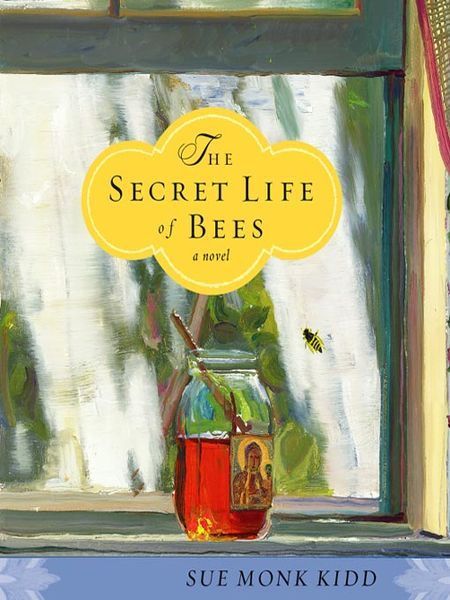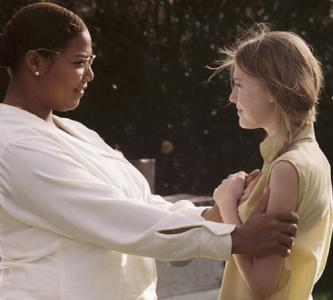One of the major symbols of the novel, and my favorite one, is that of beehives. The main significance of this symbol is the way it relates to the Boatwright house, and the way the house functions with the sisters: August, June, and May, as well as Rosaleen and Lily. In a beehive, female bees dominate the bee community similar to the novel, in which females, namely August, dominate the family. August Boatwright can be depicted as the "Queen Bee", with her copious amount of selfless help for her family. 

At the beginning of each chapter, Monk Kidd writes an epigraph, taken from various books written on bees, and applies it to the theme of each chapter. At epigraph for Chapter 8 is "Honeybees depend not only on physical contact with the colony, but also require its social companionship and support. Isolate a honeybee from her sisters and she will soon die", from The Queen Must Die: And Other Affairs of Bees and Men. This quote relates so perfectly to the relationship between the Boatwright sisters, as well as the relationships between Rosaleen, Lily, and the sisters.
While Lily was growing up, she viewed Rosaleen as a mother-figure, obviously needing her companionship and womanly advice whenever she felt ostracized. When Rosaleen and Lily leave T-Ray's and come to Tiburon, they seek refuge at the Boatwright house, specifically with the gregarious character of August. May Boatwright requires the help of both candid June and lovable August, and as time goes on, every single one of the women needs one another, comparable to the epigraph in Chapter 8, saying a bee will die when isolated from her sisters. The women in the novel work together much like the bee community.
This video illustrates the bonds between the females in the novel, and the happiness each brings to one another.
My favorite theme in The Secret Life of Bees is the emphasis on female roles, a theme not usually seen through famous novels. This novel gives females a sense of pride, showing that a male figure is not necessary in order to operate a community or household. The Boatwright's bee business is a prime example of the women's independence, and it is this independence that draws Lily and Rosaleen to August and her sisters, and that keeps the women living their lives each day, with each other at their sides, never considering to jettison one another.






